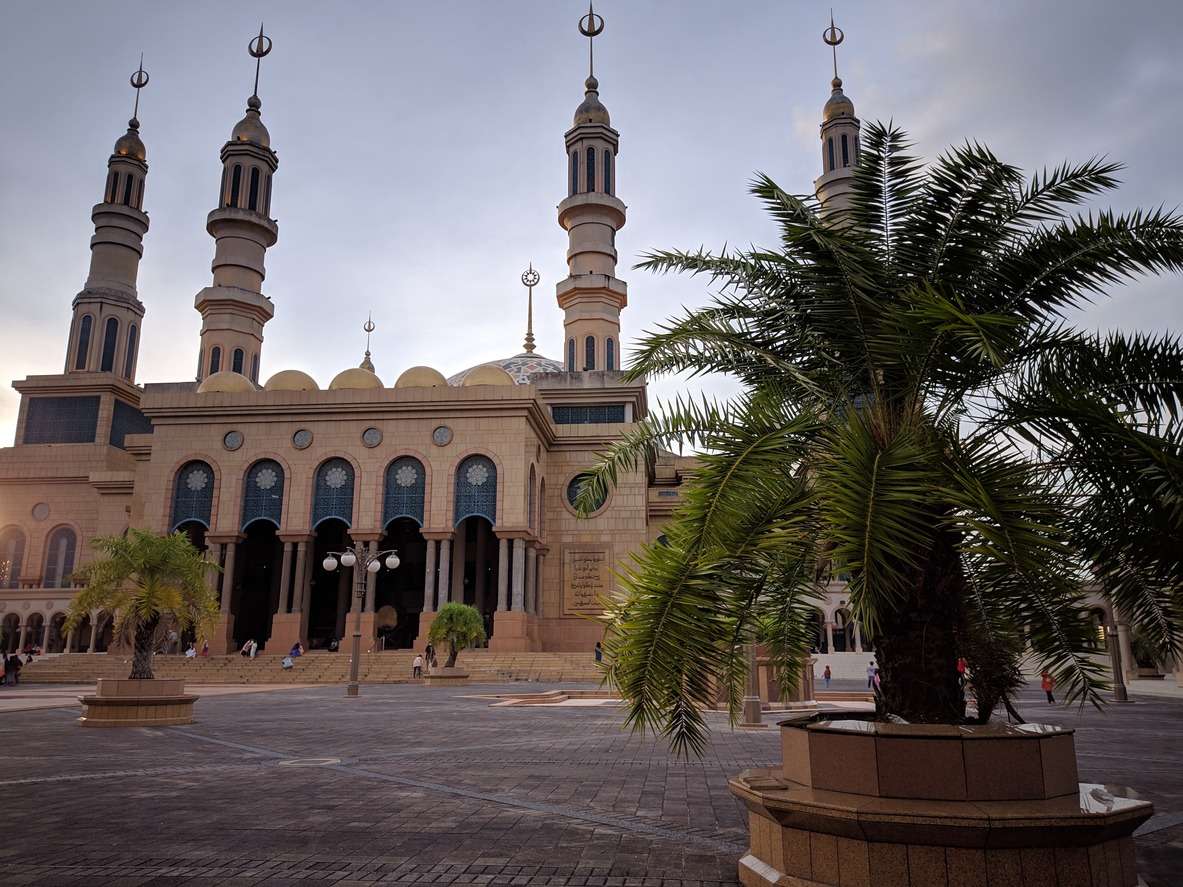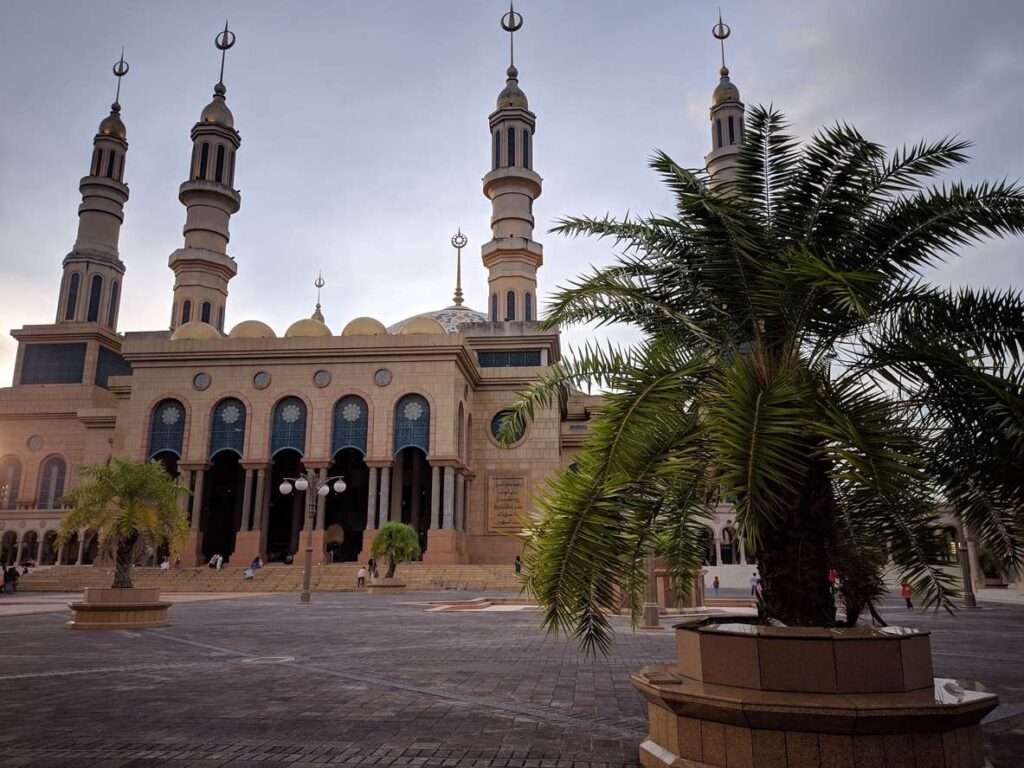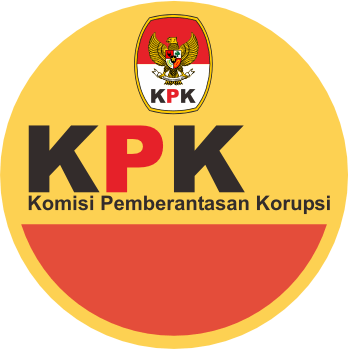

OVERVIEW
This project aims to explore flood adaptation infrastructure as a new typology of public space in climate change adaptation. This way, the awareness of the Indonesian community towards climate change adaptation will be increased and a concrete foundation for resilience towards the climate crisis in relation to the strategic role of public space supporting urban communities is provided.
Latest research discussed resilience in public space and explored resilience strategies that reduce water sensitive design. All explained measurements are reactive in nature, aiming to tackle climate change impacts.
This project adopts different approaches to cope with climate change, focusing on the public space as an ideal infrastructure to adapt with the climate change challenges through key urban elements. It is also a means to involve urban communities and to facilitate education on climate change. Through this project, we formulate a new concept and typology of a public space as an integrated supporting infrastructure for local communities, who are facing complexity and multiple challenges caused by climate change, such as flood and other related hydrometeorological disasters. This project will support the targeted community to adapt with the annual flood impact as well as during the pre- and post-disaster.
The new typology of climate adaptive public space will be challenge through the development of a multi-purpose public space in Samarinda City in Indonesia as a pilot. The municipality of Samarinda has provided critical input and identified suitable site for the planned intervention. The designing process will depend on the bond between and involvement of the local community and the local government and will provide structure and system to tackle critical environmental problems relevant to Indonesia and global context. The new public space will integrate and improve the current urban environments where it is located and is simultaneously thought of as a social-ecological anchor in supporting the local community. The social dimension of this public space will be enhanced with environmental features to help the community tackle the impact of climate change and contribute to reducing ecological prints. The overall axiology of the proposed project is to pursuit concrete adaptation action based on 3 (three) strategic goals: 1) resilience, 2) response, and 3) recovery. These measures will lead to the widely achieved system level adaptation strategies by thinking globally and acting locally (glocal).
This project will discuss social impacts of flooding to urban community through the provision of an infrastructure with the major target of supporting the community during flood. The main scope of the infrastructure will be functioning as a safe haven during flood. To achieve this scope, the new public space will be bound to other hazards related to climate change in general, and floods in particular. This project will provide a pilot public space whit the hope that the produced knowledge can be replicated in other cities in Indonesia and internationally. The knowledge can be adapted and adjusted to other communities with similar environmental changes caused by climate change.
GOALS
The goals of this project/programme are to develop new typology of public space that promote building and technical solutions, which improve the environment. Further, one of the goals is also to harvest resources and to positively contribute to the ecological balance of the whole targeted area based on bioregionalism approach.
TARGET
To strengthen climate change adaptation and resilience knowledge of the Indonesian community by using built environment as an approach. The vision of the project is to develop public space that supports the community in facing and adapting to climate change. This project discusses various environmental challenges relevant to climate adaptation. Preliminary research has elaborated the hierarchical relation of these challenges, in which flood response has been identified to have the most strategic issue to be tackled in the pilot city. In terms of supporting local communities during floods, other conditions related to climate adaptation will be discussed within the overall strategy as a necessary condition for the adaptation to extremely increase flood occurrence.
TARGET SITE
Samarinda City, East Kalimantan, Indonesia
Status: Grant
Funded by: Adaptation Fund
Executing Entity: Universitas Tujuh Belas Agustus (UNTAG) – Surabaya in partnership with Queensland University of Technology (QUT)
Project time frame: 21 November 2022 – 20 May 2024
Anggaran: USD $824.835
Managed by: Programme Management Unit – Head Office





